The daily consumption of fruits and vegetables is advised for all people between the ages of 3 and 4 units, making them one of the most significant diet groups. Numerous vitamins and minerals can be given to the body by eating them. Therefore, this post will show how to Store Fruit to Keep them Fresh.
Guide to Keeping Fruit Fresh:
Fruit preservation is another significant issue that receives little attention because, for each of these items, a method of washing and storing them in the refrigerator should be chosen. If these methods are applied slightly differently, however, the fruits can be kept fresher for a longer period of time. Thus, carefully read the following advice. In general, it can be said that the best way to store fruit is different for each fruit, which we will discuss in the following section:
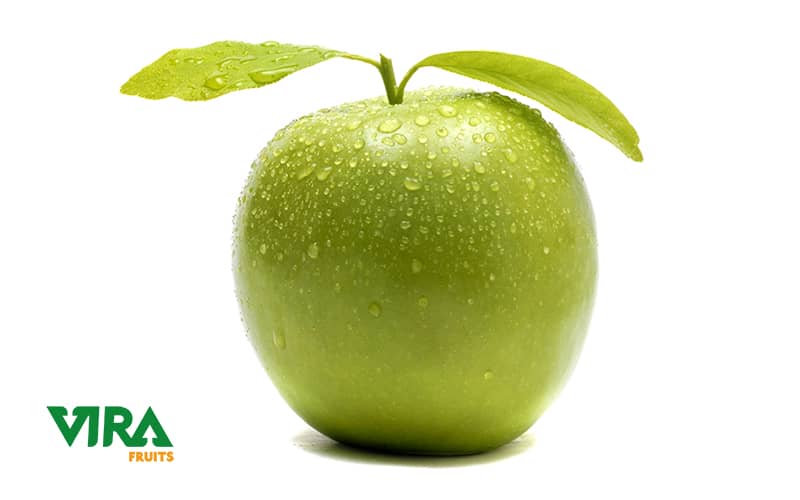
- Apple fruit storage: Keep apples between 30 and 32 degrees Celsius. If the temperature is even 10 degrees warmer, the apple will start to cook soon. Apples should be kept separate from vegetables in the refrigerator if you want them to keep for several weeks. Vegetables release ethylene gas, which accelerates the ripening of fruit. Additionally, because rotting or overripe apples can ruin the entire contents of your fruit basket, it is best to keep them separate from the others. The larger apples should be consumed first since they ripen and cook more quickly. It’s the best way to Store Fruit to Keep them Fresh.
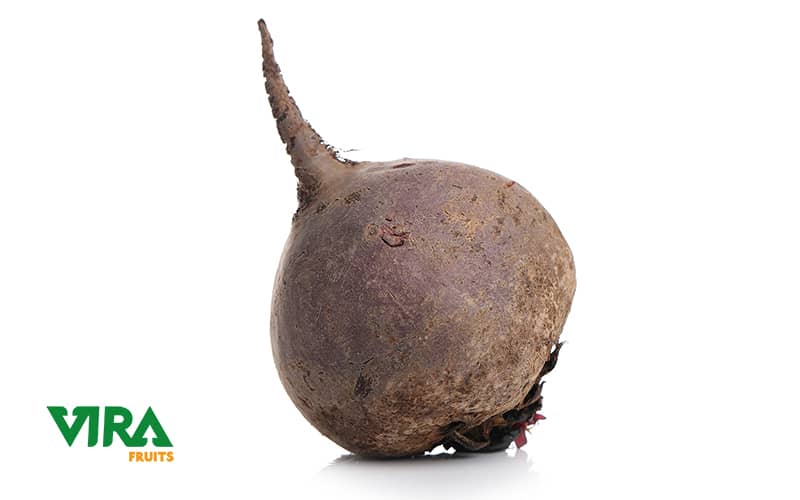
- Beet storage: Beetroot keeps for two to four months in the fridge. The beets should first be cleaned of their green parts before packing and stored in the refrigerator in a perforated plastic bag.
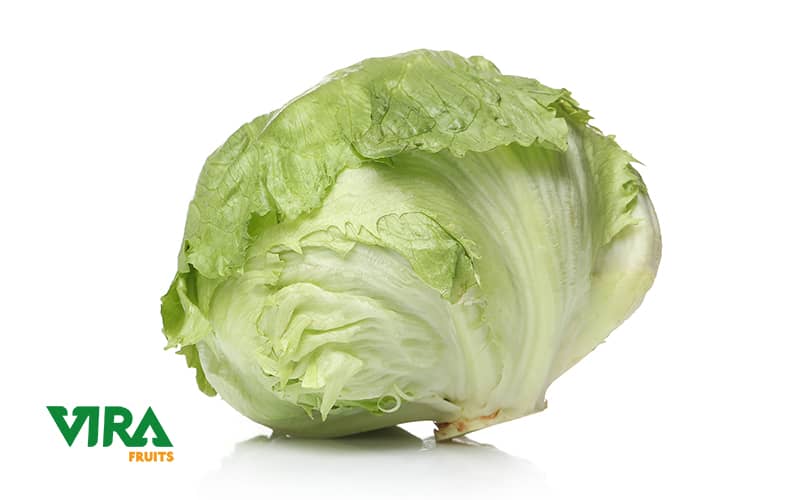
- Cabbage storage: Fresh cabbage has the finest flavor, although it may be kept for up to two months in the refrigerator in a plastic bag. Salads can be made with cabbage, lettuce, and other leafy vegetables. The water content of most salad veggies causes them to wilt quickly. Additionally, trimming or chopping the cabbage can ruin its flavor; simply, it is better to place it in the refrigerator.
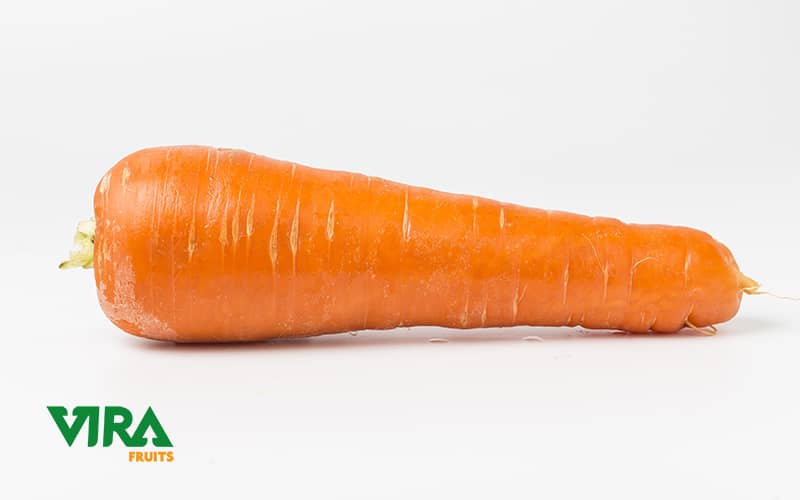
- Storage of carrots: Since carrots have a lot of moisture and spoil quickly, the key to storage is to keep them dry. Put a paper towel inside the plastic bag you’re using to store the carrots to help the bag absorb moisture. You may keep them fresh in this manner for several weeks or even months.
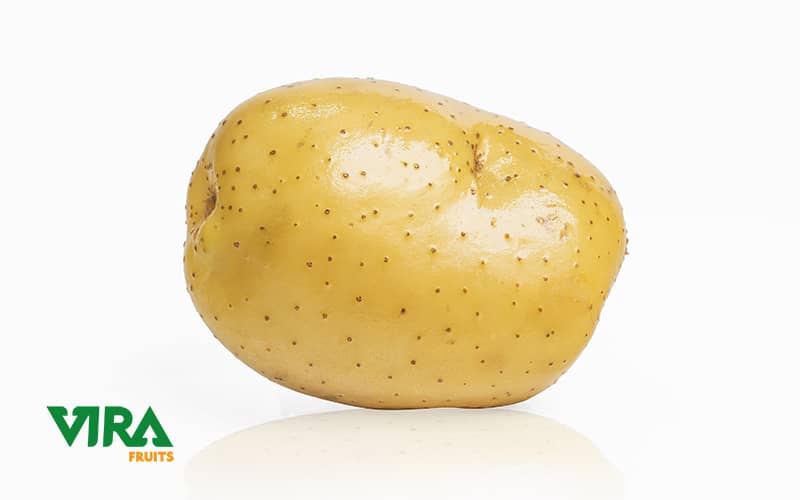
- Potato storage: A temperature of 40 degrees Celsius is ideal for keeping potatoes. Medium-light is bad for potatoes since it quickly turns them green. Potatoes typically store well in basements and warehouses. You may do this to keep potatoes healthy for two to four months. Keep them away from apples and onions, if possible. These two items release gas, which hastens the rotting of potatoes. Use sweet potatoes as soon as you can because they don’t last very long.
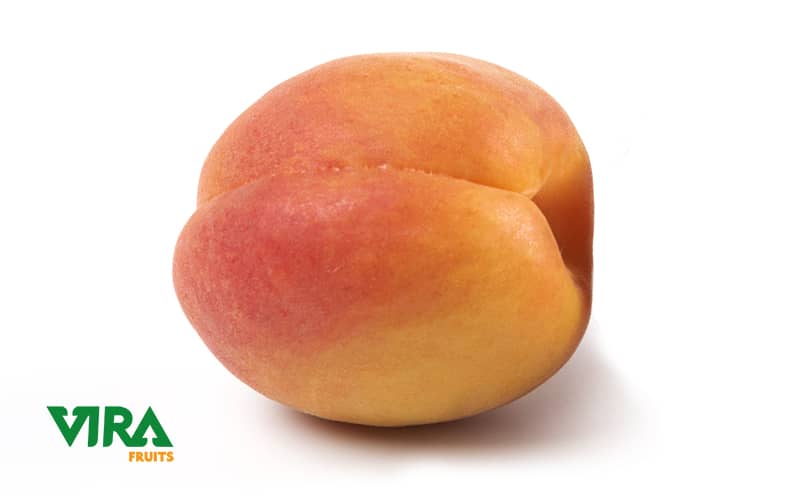
- Apricot storage: For a short time, it is best to place fruits like apricots, pears, and plums in a plastic bag in the refrigerator; however, for a longer time, The best way to store fruit is to store them in paper or newspaper and a dry environment. Keep it cool and dark.
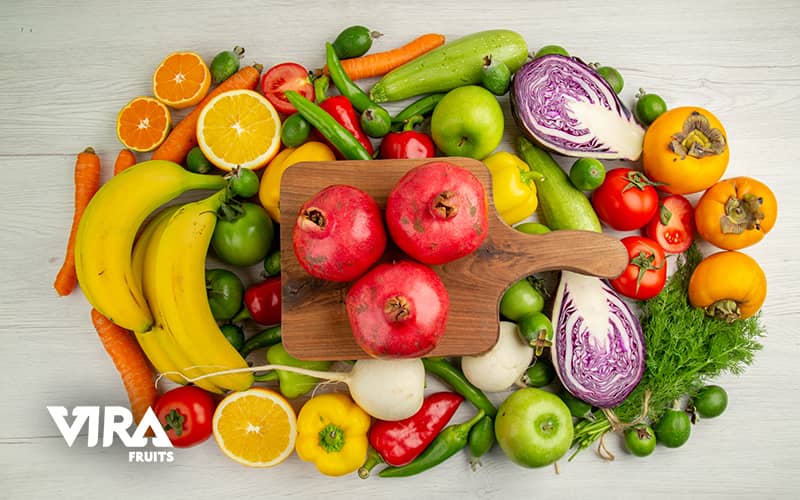
Points to pay attention to when buying fruits so that you can Keeping Fruit Fresh:
When purchasing, carefully hand-sort the fruits by how soft or hard they are, then separate them using paper sheets before storing them in the refrigerator. Put the fruits individually in the refrigerator so they can be kept for longer periods. Some fruits release a gas called ethylene which speeds up the ripening process and reduces the time they can be kept. Make unwashed fruits accessible so that they can be eaten sooner.
If we can be certain that healthy produce is truly organic, it is better and has a higher nutritional content than other fruits. A product is considered organic if it has not been used in its production for three years, has not undergone genetic modification, and has not undergone cultivation. Organic fruits have their true size and shape, whereas non-organic or genetically engineered fruits appear larger and juicier. Buying organic fruits allows you to keep fruit fresh.
Cut and broken fruit should be thrown away. The nutritional content of these fruits has been diminished by oxidation.
Avoid seeking exceptionally huge fruits. Purchase fruits in their natural sizes. To increase the size of the fruits, more toxins and fertilizers are employed. In fertilizers and chemical toxins, nitrate, a component that causes cancer, is in high concentrations. Nitrate-containing fruits and vegetables are larger and darker. Avoid purchasing fruits that are broken or stained since it is obvious that a lot of time has elapsed since they were picked from the bush or tree, and their nutritious content has been significantly diminished. Stop using greenhouse products as much as possible because they lack vitamins and haven’t been exposed to sunshine. Purchase seasonal fruit instead of tinned fruit. After being plucked, stored fruits have relatively little nutritional value.
Following the tips mentioned in this post will allow you to Store Fruit to Keep them Fresh and store fruits for a long time. A diet high in fresh fruits has the ability to lower type 2 diabetes, cardiovascular disease, and stroke risk. Fruits play a significant role in a healthy diet and are a great source of minerals like potassium, folate (or folic acid), and antioxidants like polyphenols that the body needs. Fresh fruit’s potassium content can significantly lower the risk of heart disease and stroke. Additionally, potassium can help prevent kidney stones and slow down the loss of bone density. By delivering antioxidants, a healthy eating pattern—of which fruits are a significant component—helps to repair the cell damage caused by oxidative stress and helps to avoid several cancers. We may add the benefit to the health of the digestive system to the list of fresh fruit’s health benefits. Antioxidants called polyphenols alter the microecology or the beneficial and harmful bacteria ratio.
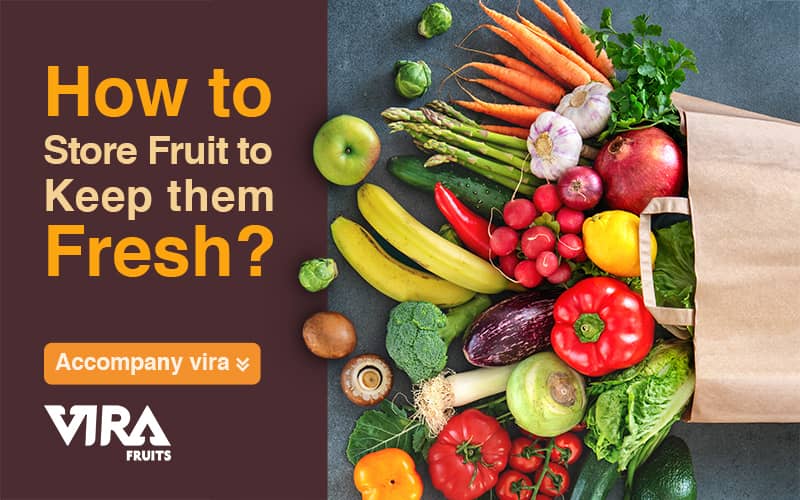
Kourtney
Informative article, totally whwt I needed.